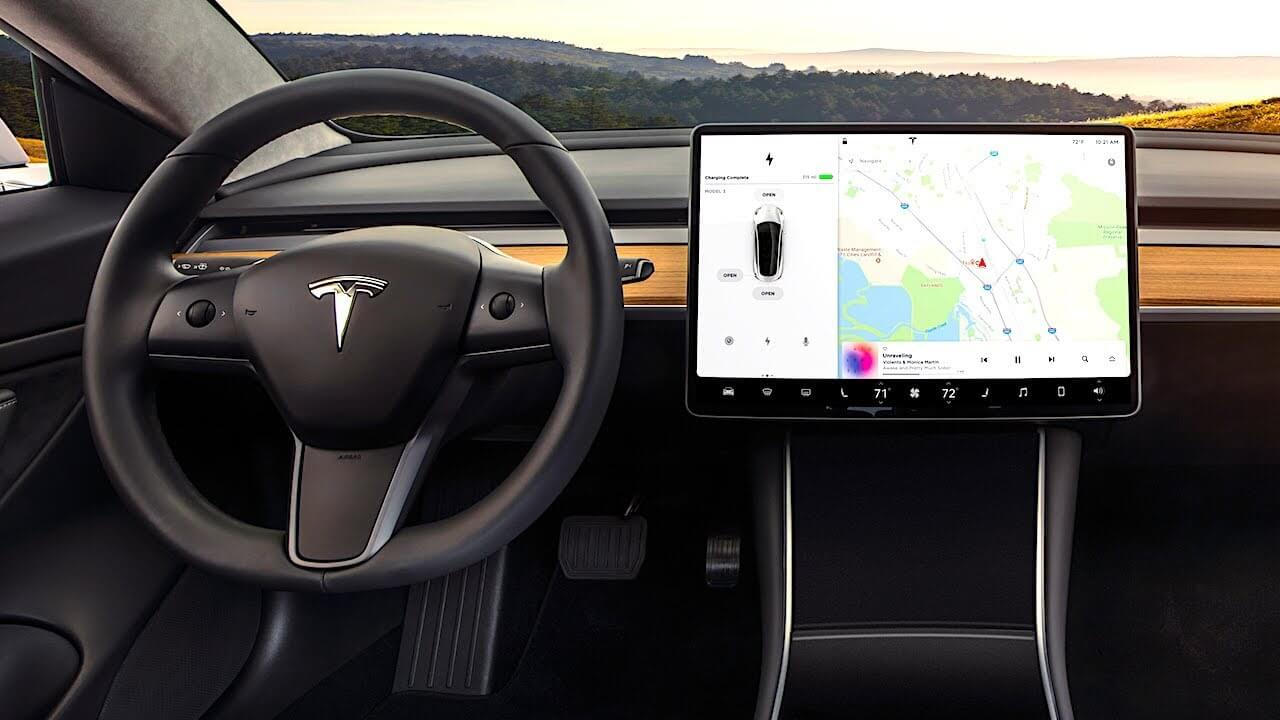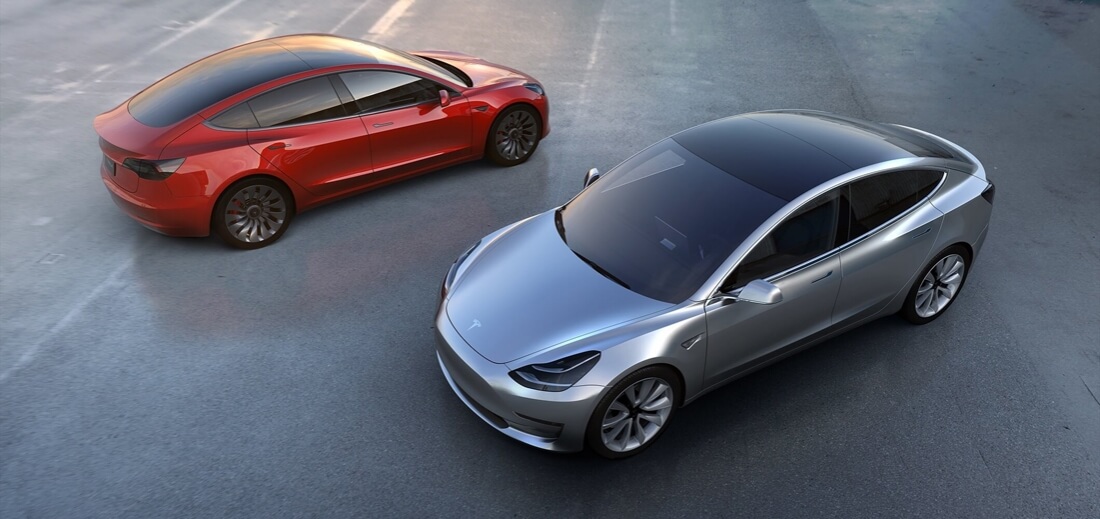Update (5/30): Consumer Reports now says the Model 3 has officially earned their recommendation. According to the outlet, Tesla has managed to reduce the vehicle's braking distance from 152ft to 133ft using a software over-the-air update.
Tesla is facing more problems with its Model 3, but this time it isn't a manufacturing issue. Consumer Reports has said that it will not recommend the electric sedan due to several issues, the main one being its braking distances. The highly influential magazine said the car braked slower than a full-sized pick-up truck.
Tesla estimates that the Model 3's 60MPH to zero braking distance is about 133 feet on average, but the publication's tests only came near this distance once. It found 152 feet to be the average stopping distance, which was "far worse than any contemporary car" tested by the magazine and seven feet longer than that of a Ford F-150 pickup.
To make sure the results weren't related to the test car, a second Model 3 was put through the same examinations and showed almost identical stopping distances.
Consumer Reports was also unhappy with the Model 3 controls, most of which are accessed via the large central touchscreen. "This layout forces drivers to take multiple steps to accomplish simple tasks," it wrote, adding that functions including adjusting the wing mirrors or the AC required interaction with the screen, thereby taking drivers' eyes off the road.
The outlet also took issue with the "stiff ride, unsupportive rear seat and excessive wind noise at highway speeds."

Tesla maintains that the Model 3's average braking distance is 133 feet using 18-inch Michelin all-season tires, and as low as 126 feet with all tires currently available. The company argues that Consumer Reports' tests were affected by tire and environment temperatures, road surfaces, and "past driving behavior."
"Unlike other vehicles, Tesla is uniquely positioned to address more corner cases over time through over-the-air software updates, and it continually does so to improve factors such as stopping distance," Tesla said. Jake Fisher, head of auto testing for Consumer Reports, suggested that if the braking performance was improved then the car could still earn the magazine's approval.
Some previous Tesla models haven't impressed Consumer Reports, either; the Model X crossover SUV also missed out on a recommendation.
